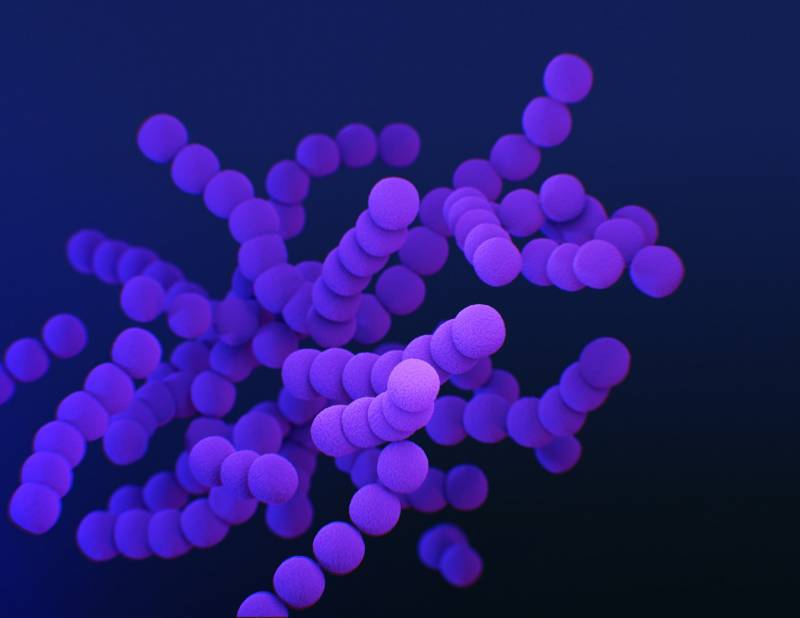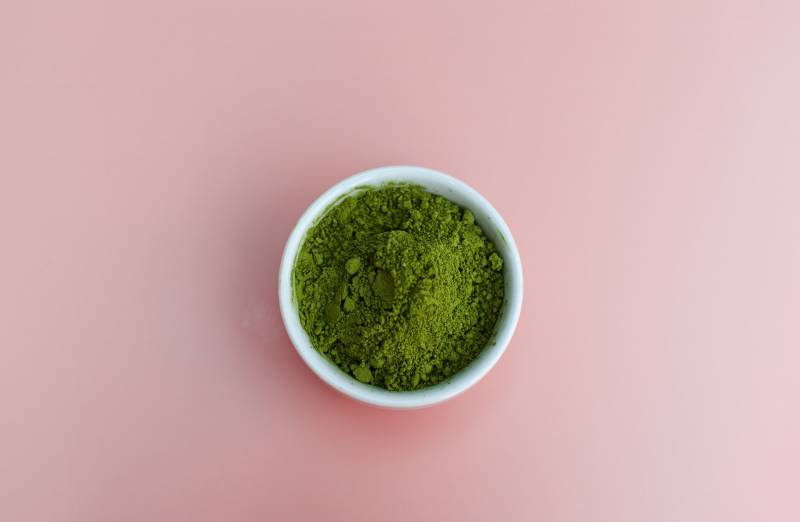Breast cancer is a type of cancer that develops in the breasts. Though it is most commonly diagnosed in women, men can also develop breast cancer. Breast cancer occurs when cells in the breast begin to grow uncontrollably. These cancerous cells can spread to other parts of the body, which can be life-threatening.
There are several risk factors for developing breast cancer, including age, family history, and lifestyle choices. However, there is no one definitive cause of breast cancer.

Who gets breast cancer?
Breast cancer can affect both men and women, but it is most commonly diagnosed in women. The American Cancer Society estimates that about 1 in 8 women in the United States will develop breast cancer in their lifetime.
The risk of developing breast cancer increases with age. About two-thirds of all cases are diagnosed in women aged 55 or older.
There is also a genetic component to breast cancer. Having a family member who has had the disease increases your risk, though the exact amount is unclear. Additionally, certain inherited genetic mutations, such as those on the BRCA1 and BRCA2 genes, can significantly increase your risk of developing breast cancer.
Lifestyle choices also play a role in developing breast cancer. Factors like alcohol consumption, obesity, and not getting enough exercise can all increase your risk.
However, it’s important to remember that there is no one definitive cause of breast cancer. Even if you don’t have any risk factors, you can still develop the disease.
What are the symptoms of breast cancer?
The most common symptom of breast cancer is a lump or mass in the breast. This is often first detected by a woman herself during a self-breast exam. Other symptoms may include:
- Change in the size or shape of the breast
- Nipple discharge
- Nipple pain or tenderness
- Skin changes on the breast, such as dimpling or redness
- Swelling in the armpit area
If you experience any of these symptoms, it’s important to see a doctor right away. These symptoms may be indicative of breast cancer, but they can also be caused by other, non-cancerous conditions. Only a doctor can give you a definitive diagnosis.
What are the stages of breast cancer?
There are four main stages of breast cancer:
Stage 0: Cancer is present, but it is non-invasive and has not spread to any other tissues.
Stage 1: Cancer is present and is invasive, but it has not spread to any other parts of the body.
Stage 2: Cancer is present and has spread to nearby lymph nodes.
Stage 3: Cancer has spread to distant lymph nodes or other organs in the body.
Stage 4: Cancer has spread to distant parts of the body and is considered to be metastatic.
Treatment for breast cancer will vary depending on the stage of the disease. Early-stage cancers may be treated with surgery, while more advanced cancers may require chemotherapy, radiation, or a combination of treatments.
What are the survival rates for breast cancer?
The survival rates for breast cancer vary depending on the stage of the disease. The five-year survival rate for Stage 0 and Stage 1 cancers is nearly 100%. For Stage 2 cancers, the five-year survival rate is about 93%. For Stage 3 cancers, the five-year survival rate is about 72%. And for Stage 4 metastatic cancers, the five-year survival rate is just 22%. However, it’s important to remember that these are just averages, and many people survive much longer than five years after their diagnosis.
What is the prognosis for breast cancer?
The prognosis for breast cancer varies depending on the stage of the disease. For early-stage cancers, the prognosis is generally very good. However, for more advanced cancers, the prognosis is not as favorable. Metastatic cancer is considered to be incurable, though treatments can prolong a person’s life.
Can breast cancer be prevented?
There is no sure way to prevent breast cancer, but there are some things you can do to lower your risk. These include:
- Limiting alcohol consumption
- Maintaining a healthy weight
- Getting regular exercise
- Limiting your exposure to estrogen
- Having regular breast cancer screenings
If you are considered to be at high risk for developing breast cancer, you may also be advised to take preventive medications, such as Tamoxifen or Raloxifene. These drugs can help to lower your risk of developing the disease.
What is the treatment for breast cancer?
The treatment for breast cancer will vary depending on the stage of the disease. Early-stage cancers may be treated with surgery, while more advanced cancers may require chemotherapy, radiation, or a combination of treatments.
What is the alternative medicine for breast cancer?
There is no one definitive answer to this question as different people may respond to different treatments. However, some common alternative treatments for breast cancer include:
- Acupuncture
- Aromatherapy
- Herbal supplements
- Meditation
- Relaxation techniques
- Yoga
It’s important to speak with your doctor before starting any new treatment, as some alternative treatments may interact with conventional cancer treatments or medications.



